The Goodwins and Their “Unfinished Love Story”
A personal history of the 1960s.
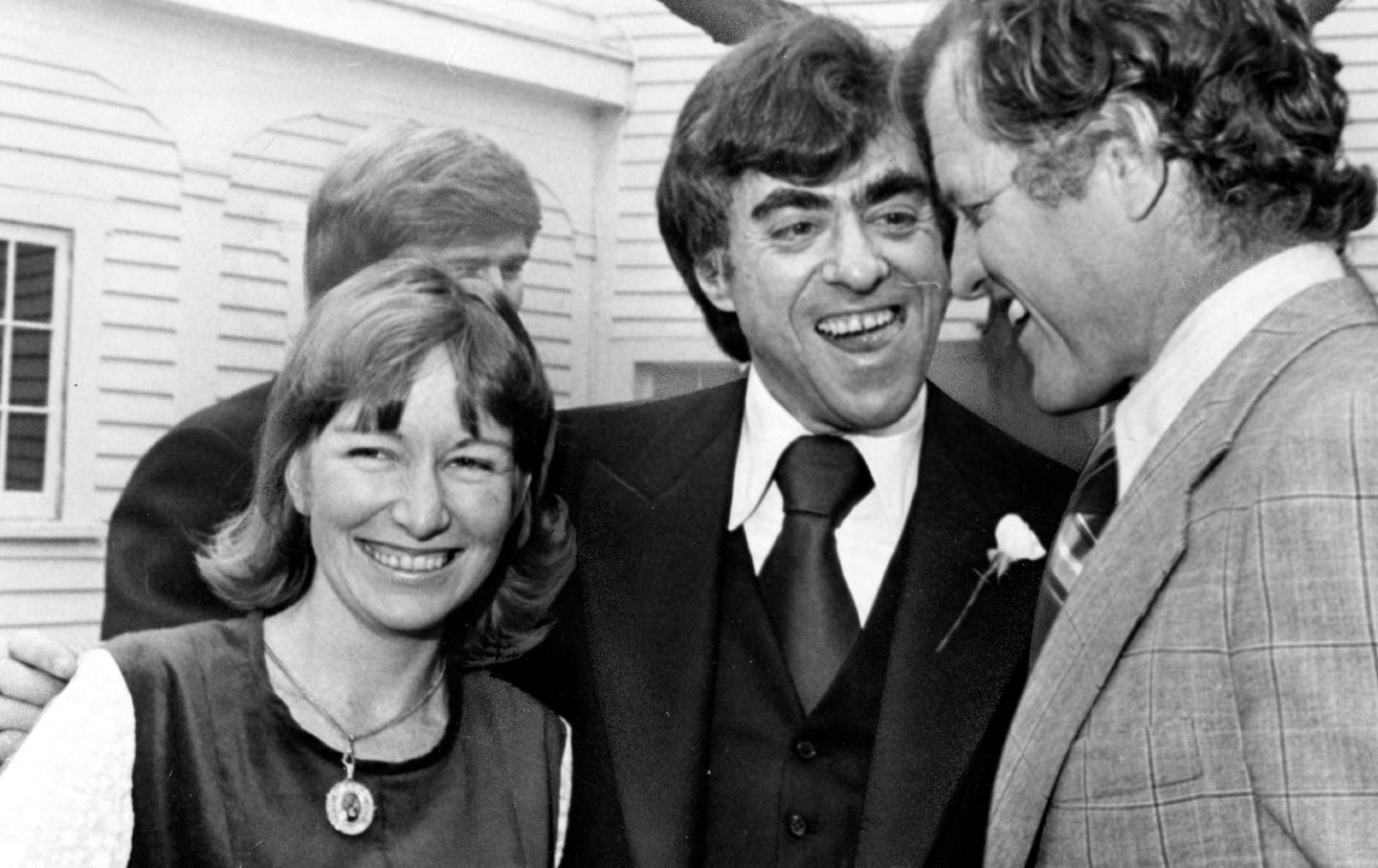
An Unfinished Love Story. It sounds like the latest “shades of gray” roman à clef, or perhaps an episode of The Bachelor. Would you believe it’s the much-anticipated new book from historian Doris Kearns Goodwin? The subtitle tells us more: A Personal History of the 1960s. She had me there.
I grew up then as well, and I enjoyed my first fleeting burst of fame with an op-ed in the Los Angeles Times on the last day of 1969. (“A Child of the Sixties,” I was labeled—and drawn!) I lamented what I’d witnessed through that turbulent decade: “I have watched my father go from a self-made millionaire businessman to an anti-nuclear activist determined to see his children live out their lives.” “I’ve been playfully loved by a black boy, and hated by him ten years later. Not because I am me, but because I am white.” So, reading this new book took me back, as it will all who have spent their lives trying to make a difference. Nation readers fit that bill, of course.
Kearns Goodwin’s fame has encompassed a full, focused, and rich life: writing biographies of powerful presidents, always finding new and fascinating angles, such as Team of Rivals and No Ordinary Time: Franklin and Eleanor Roosevelt. This 500-plus page histoire rotates between the events of the decade and how they impacted her own life, and that of Richard (Dick) Goodwin, her husband of 42 years. She does not here recall an unpleasant plagiarism charge, after which she took full responsibility, removed books that had been impacted, and changed her research habits.
I don’t know about you, but I have hundreds of scattered photos and old work in hopelessly disorganized disarray. Despite Richard’s initial reluctance, this couple spent two years going through every personal archive, often learning things about each other for the first time. Doris writes, “The time had come to unpack, collate and examine his treasure trove, box by box, file by file.” He admitted he needed his wife’s help in “jogging my memory,” in asking the questions. “Our last great adventure together was about to begin,” she writes. Her husband died in 2018.
So here we have memoir, biography and history rolled into hundreds of highly readable—and even relatable—pages. She learns as much as we do about the man she married and his long journey. “I know I may be highly successful,” he wrote in his own diary, “but I don’t think that will be enough.” When his wife reads that now, she notes that the “passage seemed to hold a kernel of what would become Dick’s self-appointed mission: to do whatever he could to close the gap between our national ideals and the reality of our daily lives.”
After serving in the military and attending Harvard law school, Goodwin was part of the Kennedy orbit, writing some of JFK’s speeches, and later becoming extremely close to Bobby Kennedy. Eight years younger, Doris was working her way up through Harvard internships. Both eventually were part of Lyndon Johnson’s life: Dick writing Great Society speeches, Doris eventually living at the Texas ranch and helping LBJ write his memoirs. (She hints in the book about rumors concerning the closeness of her relationship with LBJ but makes clear that Lady Bird took her aside and said not to worry.)
We go through the 1960 presidential campaign, via Goodwin’s close relationship with the candidate. “I asked Dick to explain how some of these various items had come into his possession,” Doris writes. “It turns out that he had been designated the ‘pack mule.’ The suitcase was packed with the fabled Nixopedia, a compilation of every statement Nixon had made on taxes, civil rights, education, domestic policy, and foreign affairs.”
We get fresh insights into people like Ted Sorenson and Bill Moyers, and we learn how Goodwin’s seemingly infallible position with JFK was deeply impacted by an impromptu meeting he was foolishly lured into with Che Guevara. “Soon, the exchange was termed a formal negotiation,” writes Doris, “without the President’s knowledge.” And Dick was heading out of the White House and to the State Department.
We learn somewhat alarming things along with this couple as they dig into their pasts. As we head toward dreaded moments like November 22, 1963, and June of 1968, somehow the author keeps us in suspense. And, of course, forces readers to conjure up our own memories.
And we all remember where we were: I was in middle school Spanish class when a voice over the loudspeaker said, “We have bad news. The president has been shot.” “Who would shoot Mike McGovern?” someone in class yelled, referring to our student body president. (I reminded McGovern of this at a recent reunion, and he quipped, “A lot of people wanted to shoot me then.”) As for Richard Goodwin on that day, he called the White House secretary about something, and an anguished voice said, “Oh, Mr. Goodwin, didn’t you know…”
From then, he had to make tough choices. He was brought on by LBJ to help create the words of the Great Society. (We even get to read the transcript of a phone call between LBJ and Martin Luther King Jr. “It was revelatory,” writes the author.) Then, when Gene McCarthy and Bobby Kennedy challenged the president over the Vietnam War, “it made for a very dark time,” Dick tells his wife. Going through these archives, he was especially pleased with a Life magazine editorial by Hugh Sidey. “Goodwin more than anyone else in the White House was responsible for taking the raw emotion of Lyndon Johnson and sculpting it into graceful and promising lines.”
Ultimately, he felt that the war was not going to stop under LBJ. “There was little lightness in the 1967 articles and speeches,” the author writes, “to provide relief from the ascending tension.” Diving into the archives, Dick tells his wife it was “a hellish year but just how violent the storm to come, I had no idea.’”
Here we are taken into the “do I or don’t I” debate on Bobby running for president. That critical meeting took place at the Central Park West apartment of Kennedy aide William vanden Heuvel. “The meeting ended where it began,” writes the author. “The long debate had produced no break in the stalemate. Dick described himself as a dog chasing its own tale.” Of course, once McCarthy made impact in New Hampshire, everything changed.
Here too, my own memories flood back. I was in college and ecstatic when Bobby got into the race. When my father told me he would not switch from McCarthy—loyalty mattered—I hung up angry. It may have been the only time he and I disagreed over an issue.
Popular
“swipe left below to view more authors”Swipe →In April of that year, much was happening in their own lives and the country’s. “As Dick and I compared notes almost 50 years later, we had to put together our respective movements like a jigsaw puzzle,” she writes. Around that time, LBJ had sought her out as a sounding board of sorts. “It clearly made him happy to tell these stories and it was a delight for me to hear them,” she recalls. “He told me he wanted me to work with him after he returned to live on the ranch.”
And of course, in June of 1968, we are once again hoping for a new ending. Bobby spent the day at director John Frankenheimer’s home in Malibu before heading to the Ambassador Hotel. We know the rest, but here we learn that Goodwin was one of the few walking the hospital corridors when he was told that if he wanted to say goodbye, that was the moment. Decades later, it was especially hard for Richard Goodwin to relive that day. But he did, and eventually celebrated the final trove of memories with a bottle of champagne. A night the author remembers well. “‘To you,’ he said, extending his glass to mine, ‘who have helped bring all these people back for me.’”
More from The Nation
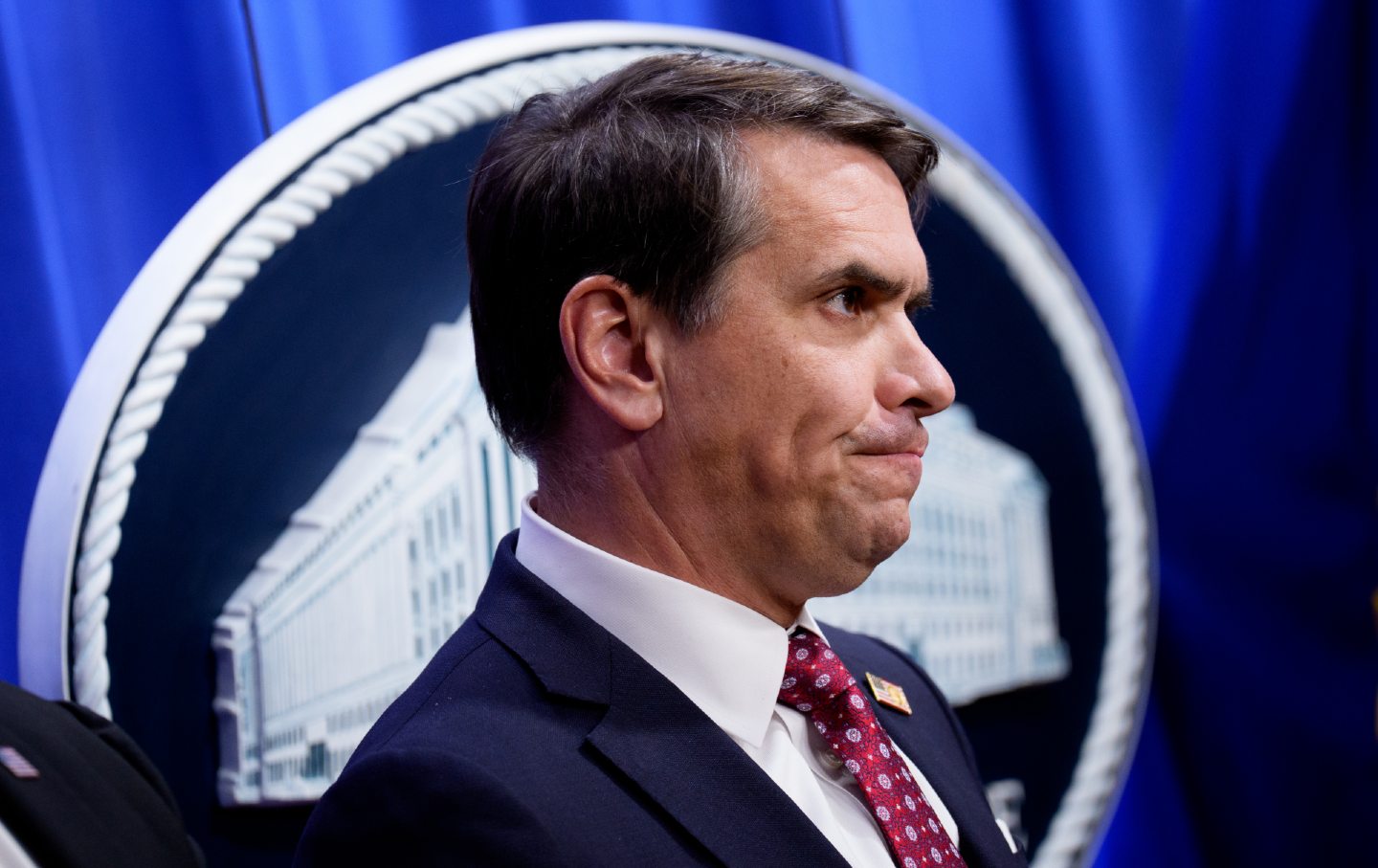
A Trump Administration Official Says It Won’t Investigate the Killing of Renee Good A Trump Administration Official Says It Won’t Investigate the Killing of Renee Good
Deputy Attorney General Todd Blanche makes clear that the Department of Justice won’t look into the death of Renee Good—but that won’t stop Minnesota from investigating.
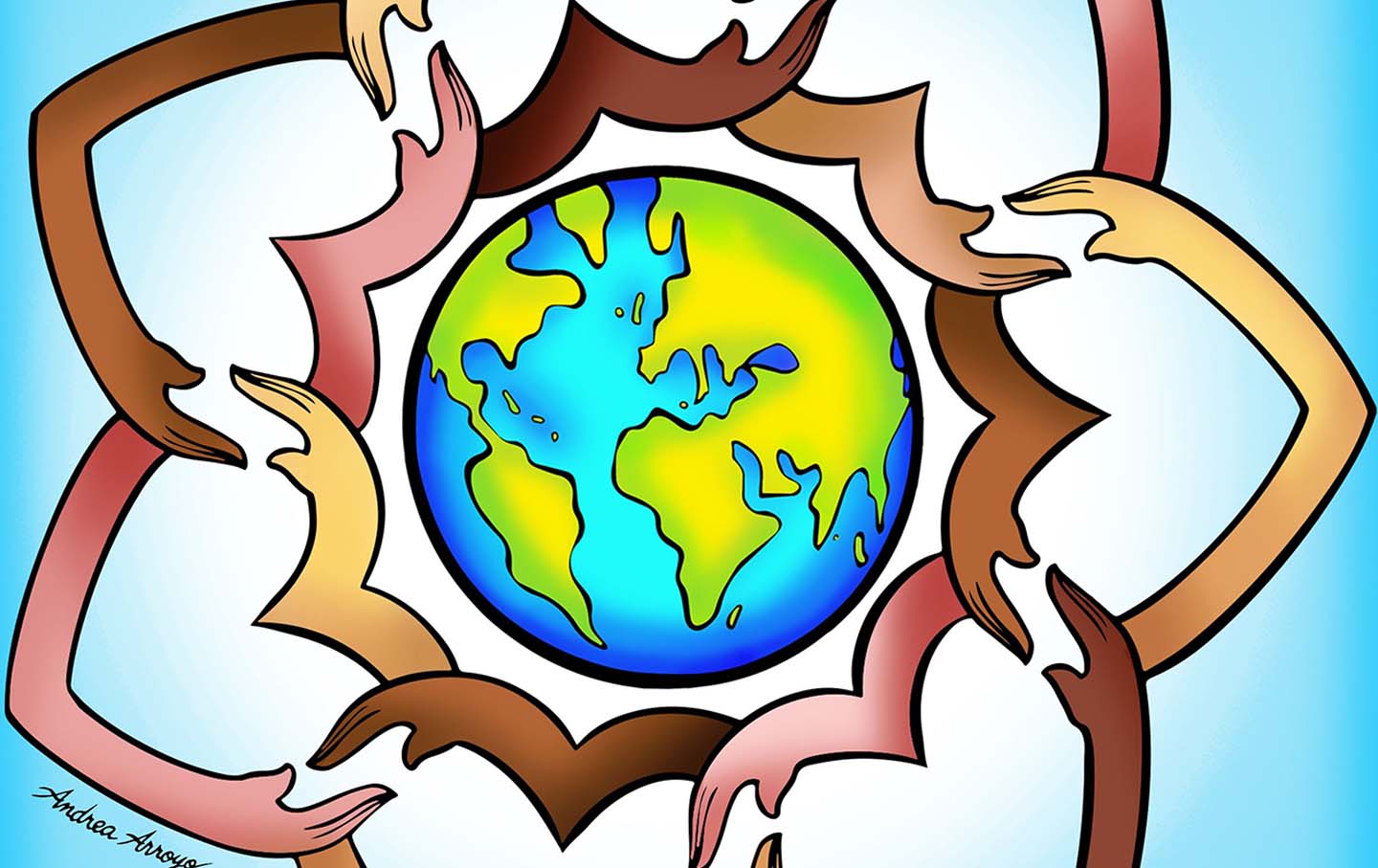
Martin Luther King Jr.’s Dream: Love Against Racism Martin Luther King Jr.’s Dream: Love Against Racism
As Dr. King reminded us, “Hate cannot drive out hate; only love can do that.” His words continue to call us toward justice, compassion, and the power of love to confront racism.
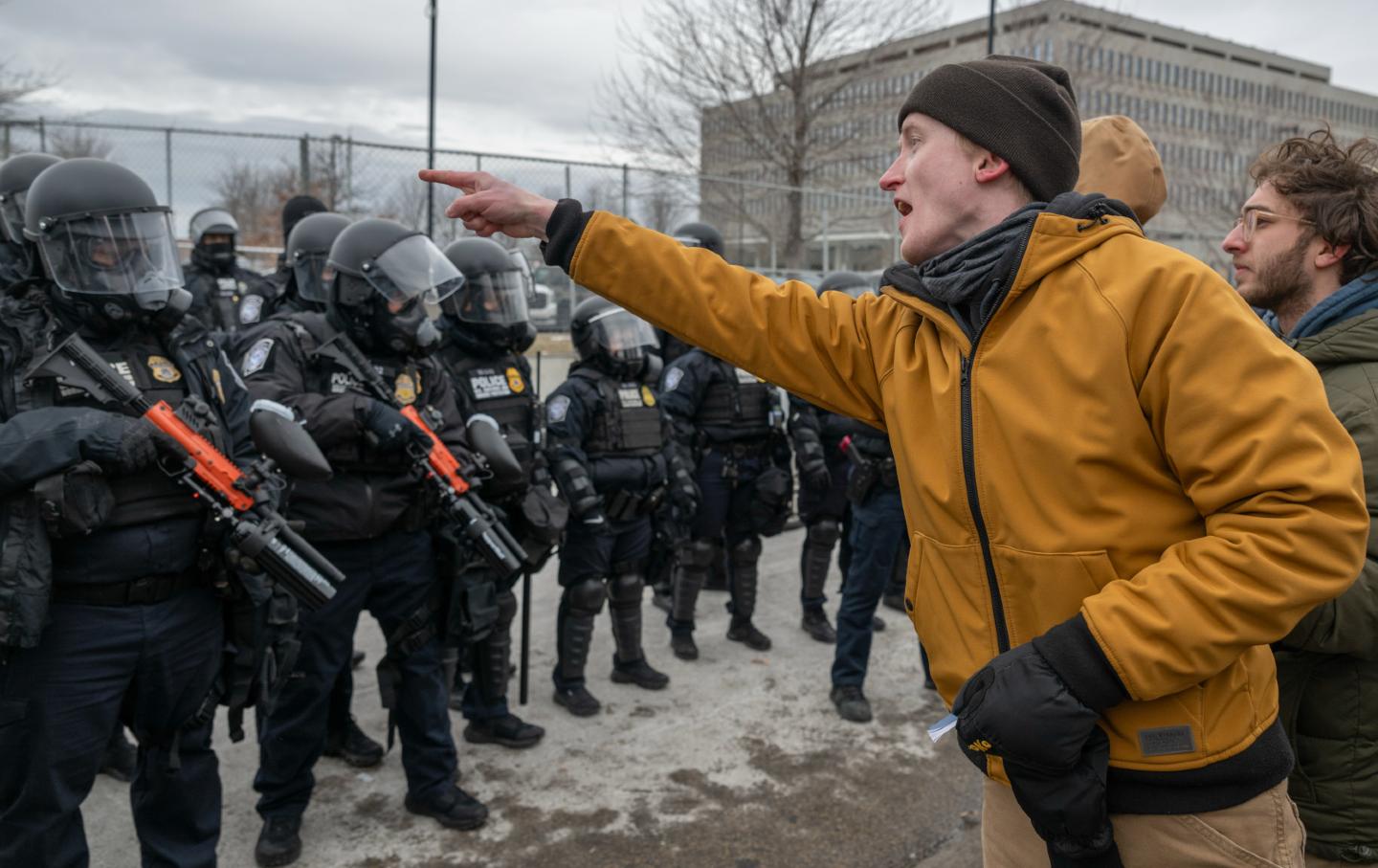
It’s Official: The People, Not the Politicians, Are Leading It’s Official: The People, Not the Politicians, Are Leading
In this week’s Elie V. US, our justice correspondent explores the fecklessness of the Democratic Party, MAGA racism, and fighting despite unwinnable odds.

The Week of Colonial Fever Dreams From a Sundowning Fascist The Week of Colonial Fever Dreams From a Sundowning Fascist
The news was a firehose of stories of authoritarian behavior. We can’t let ourselves drown.
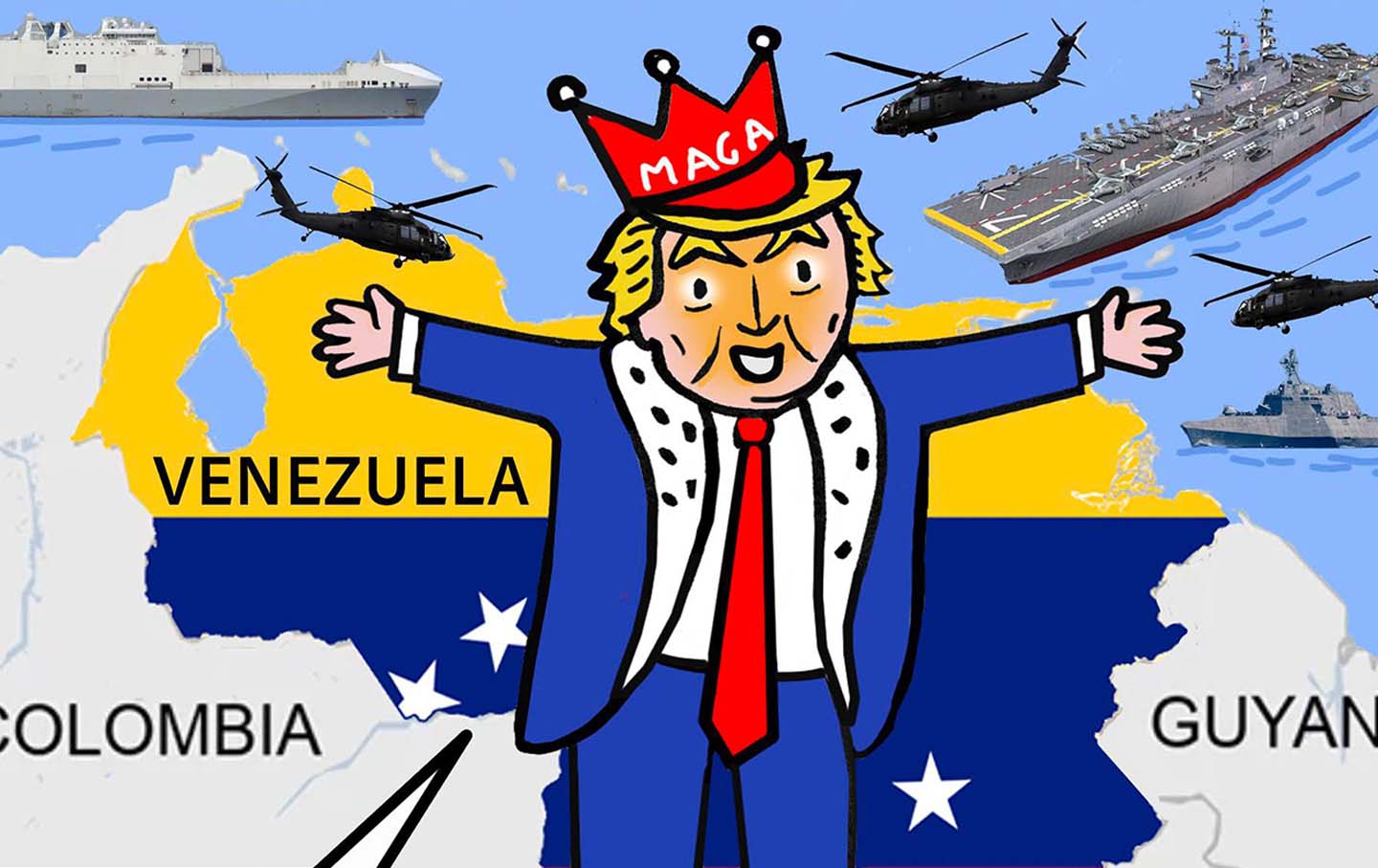
Self-Appointed King of Venezuela Self-Appointed King of Venezuela
The United States attacks Venezuela and captures President Maduro. Trump claims that the US will “run” the country for oil interests.



